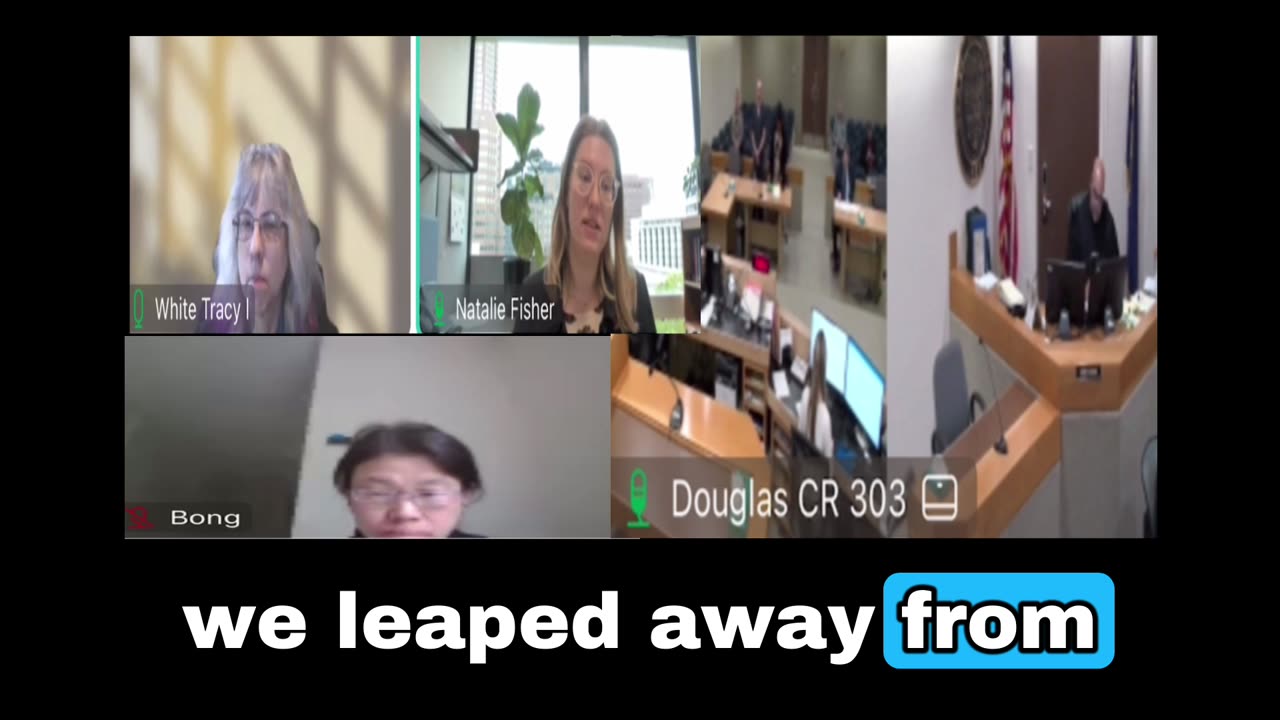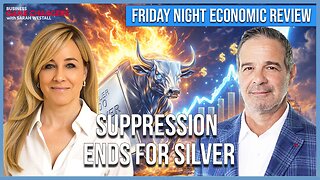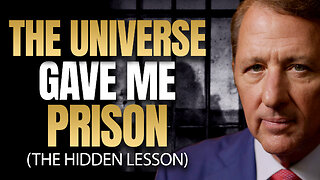Premium Only Content

Bong v. Rayfield
Bong v. Rayfield summary (4/25/25)
Legal arguments and rulings discussed regarding Attorney General's authority to represent individuals in 1983 claims and related motions.
Highlights
1. Motion to Quash Subpoena
• Ms. Bong argued that Ms. White did not file a motion to quash the subpoena within the required 14-day timeframe under ORCP 55, making the subpoena enforceable.
• Ms. Fisher clarified that she represented the Attorney General and Ms. White in her professional capacity, asserting that the motion to quash was timely filed on April 18th.
• Ms. Bong contended that Ms. Fisher lacked standing to file the motion to quash on behalf of Ms. White, as Ms. Fisher initially stated she only represented Defendant Rayfield.
• The court ruled that the motion to quash was timely and would be entertained, but documents requested under the subpoena were subject to privilege and relevance considerations.
2. Privilege and Relevance of Subpoenaed Documents
• Ms. Bong requested documents related to defense forms, policies, guidelines, and legal memoranda concerning the Attorney General's authority to represent state officials in individual capacity claims.
• Ms. Fisher argued that many of the requested documents were privileged under attorney-client privilege and irrelevant to the case.
• The court quashed requests for privileged documents (items 1, 2, 3, 6, 7, and 8) but found items 4 and 5 potentially relevant, subject to scope limitations and amended subpoenas.
3. Judicial Notice and Judicial Estoppel
• Ms. Bong filed motions for judicial notice and judicial estoppel, citing prior federal court rulings and statements made by Ms. White in federal proceedings.
• Ms. White clarified that the federal court denied Ms. Bong's motion to join the Oregon DOJ as a party, which did not address the substantive issue of statutory authority.
• The court agreed to take judicial notice of the federal court's opinion and order but did not find grounds for judicial estoppel based on the arguments presented.
4. Summary Judgment on Statutory Authority of Attorney General
• Ms. Bong argued that the Attorney General lacks statutory authority under ORS 30.285 and ORS 180.060 to represent state officials sued in their individual capacity under Section 1983 claims.
• She highlighted that the legislature explicitly excluded Section 1983 claims from the definition of tort under the Oregon Tort Claims Act in 1985.
• Ms. White countered that the Attorney General has broad authority under ORS 180.060 and ORS 180.220 to defend state officials when necessary to protect the interests of the state, including individual capacity claims.
• Ms. White emphasized that the Attorney General routinely defends state officials in Section 1983 claims and argued that Ms. Bong lacks standing to challenge this authority, as previously ruled by Judge Thomas.
5. Standing and Claim Preclusion
• Ms. Bong asserted standing based on alleged injury caused by the DOJ's representation of Kate Brown in her federal case, which she claimed denied her default judgment.
• Ms. White argued that Ms. Bong lacks standing to challenge the DOJ's representation, as ruled by Judge Thomas, and that the matter is subject to claim preclusion due to prior litigation.
• The court acknowledged the ongoing appeal of Judge Thomas's ruling but did not make a final determination on standing during the meeting.
6. Retaliation and Procedural Conduct by DOJ
• Ms. Bong alleged that the DOJ engaged in retaliatory conduct by surveilling her public records requests and using them as evidence in the case.
• She argued that such actions undermine the integrity of the legal process and should be considered in evaluating the DOJ's broader conduct.
• The court did not address these allegations in detail but noted them as part of Ms. Bong's broader arguments.
7. Motion to Disqualify Ms. White
• Ms. Bong filed a motion to disqualify Ms. White as a witness advocate, citing confusion over her dual role as a witness and advocate for the Attorney General's office.
• The court denied the motion to disqualify, finding no sufficient grounds for disqualification.
8. Next Steps and Pending Rulings
• The court took the matter of summary judgment and other pending motions under advisement, indicating that rulings would be issued at a later date.
• The court confirmed its denial of the motion to compel Ms. White's testimony and its decision to take judicial notice of the federal court's opinion and order.
-
 3:24:48
3:24:48
VapinGamers
7 hours ago $31.41 earnedDestiny 2 - Dungeons and Loot with Friends - !rumbot !music
90.5K1 -
 2:07:44
2:07:44
TimcastIRL
8 hours agoTrump's Secret Plan To Make Charlie Kirk VP, America Fest IN CIVIL WAR | Timcast IRL
218K187 -
 4:09:13
4:09:13
I_Came_With_Fire_Podcast
16 hours agoLive Fire: Christmas Special
39.3K8 -
 46:26
46:26
Sarah Westall
10 hours agoWhat’s Behind the Silver Surge? Large Institutions Cashing In w/ Andy Schectman
40.4K3 -
 6:42:10
6:42:10
Turning Point USA
15 hours agoLIVE NOW: AMFEST DAY 2 - VIVEK, JACK POSOBIEC, MEGYN KELLY, ALEX CLARK AND MORE…
1.29M181 -
 1:14:37
1:14:37
Flyover Conservatives
1 day agoHow to Win 2026 Before It Starts — Clay Clark’s Goal-Setting Blueprint | FOC Show
39.9K1 -
 12:52
12:52
The Kevin Trudeau Show Limitless
2 days agoBeyond Good And Bad: The Hidden Reality Code
84.5K21 -
 1:03:11
1:03:11
BonginoReport
11 hours agoBrown U Security Failures EXPOSED - Nightly Scroll w/ Hayley Caronia (Ep.201)
159K47 -
 51:09
51:09
Patriots With Grit
7 hours agoWill A.I. Replace Doctors? | Dr. Stella Immanuel MD
26.8K4 -
 4:10:32
4:10:32
Nerdrotic
12 hours ago $16.15 earnedHollywood's DOOMSDAY! WB FIRESALE! - Friday Night Tights 385 w Zachary Levi
86.2K20